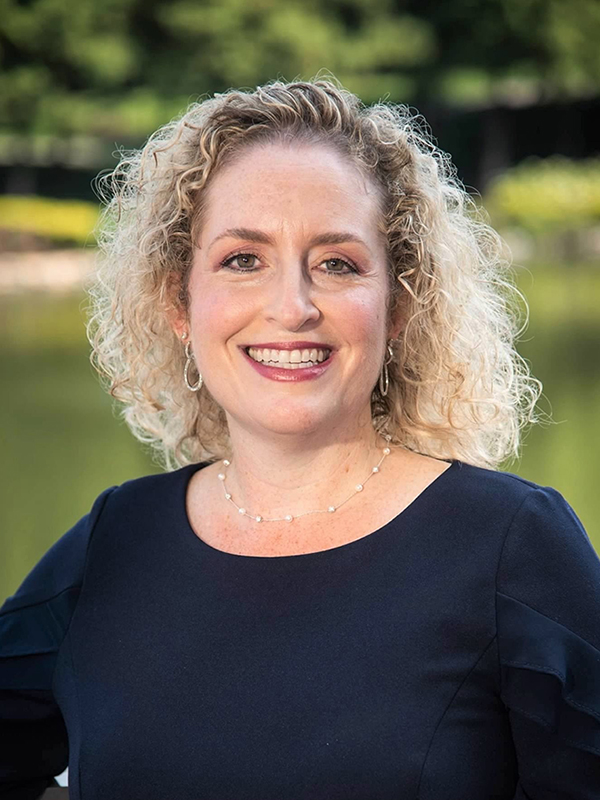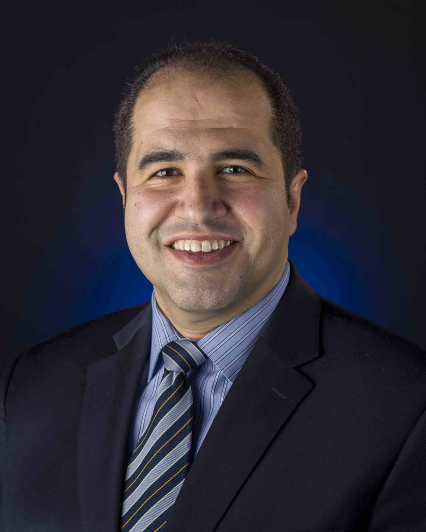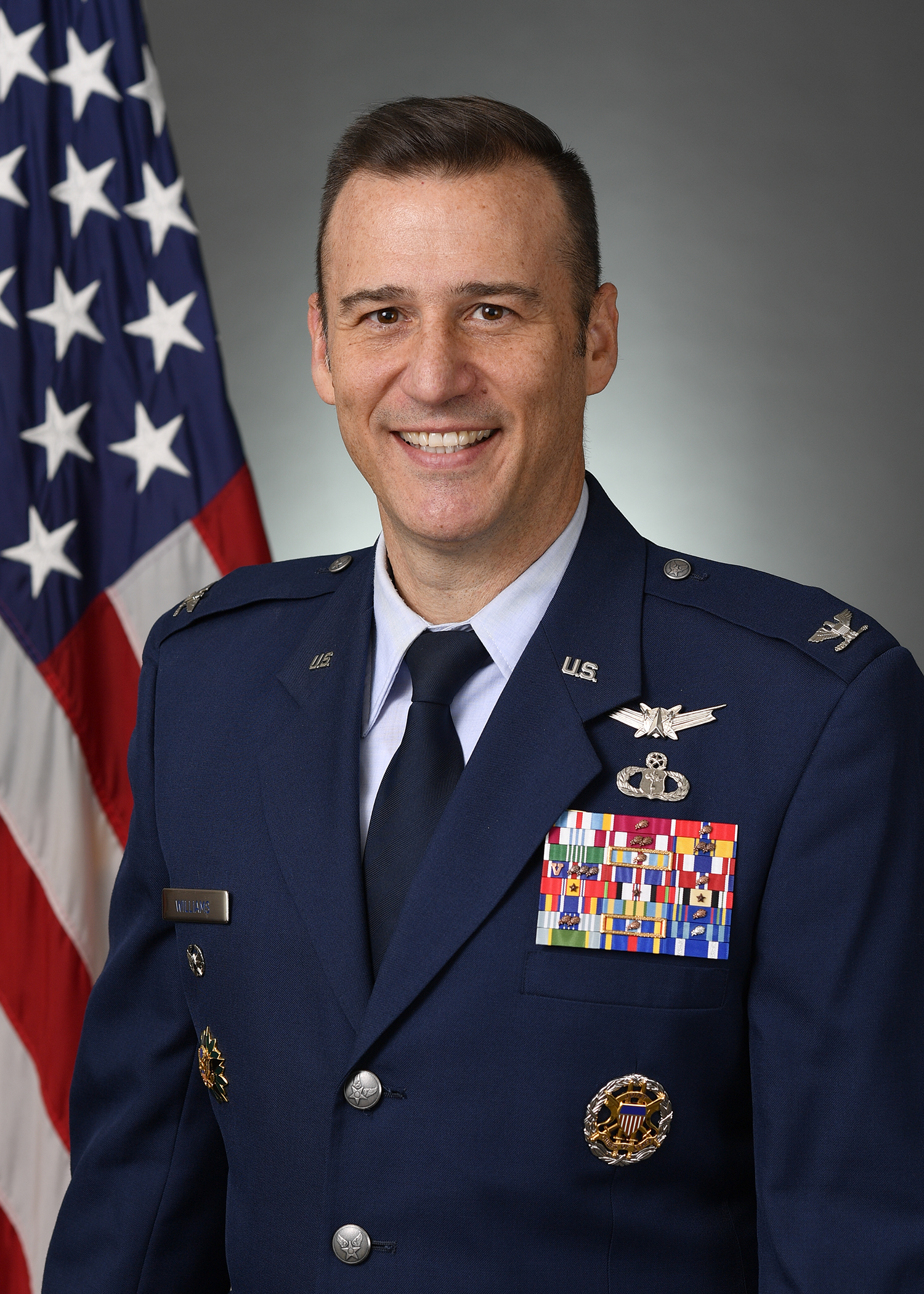
Dr. Ezinne Uzo-Okoro
Assistant Director for Space Policy, OSTP
With almost two decades of experience in government, in both NASA missions and policy, Ezinne Uzo-Okoro leads the White House Office of Science and Technology Policy’s space and aeronautics portfolios. Her policy work includes Space Weather, Earth Observations, Orbital Debris, Microgravity research in Low Earth Orbit, In-space Servicing Assembly and Manufacturing, Aeronautics, and space science. Her NASA 17-year engineering career spanned contributions to Earth Observations, planetary science, heliophysics, astrophysics, human exploration, and space communications missions. She earned an undergraduate degree in Computer Science from Rensselaer Polytechnic Institute, and masters degrees in Aerospace Systems Engineering, Space Robotics, and Public Policy from Johns Hopkins University (Applied Physics Laboratory), MIT, and Harvard University respectively. She also earned a doctorate degree in Aeronautics and Astronautics from MIT. She has received several NASA awards and the 2023 Commercial Space Federation Commercial Space Policy award. Her story is profiled in President George W. Bush’s book, Out of Many, One.

Dr. Genene Fisher
Program Scientist, Space Weather Program, Heliophysics Division, NASA HQ
Dr. Genene Fisher is a Program Scientist in the Heliophysics Division at NASA HQ. Within the Space Weather Program, she leads research and analysis activities, including serving as Program Officer for the Space Weather Research to Operations to Research (R2O2R) program. Throughout her career, Genene has worked with government, industry, academia, and international organizations to improve space weather science and services to build the resilience of our Nation to space weather impacts. Previously, she was with NOAA for over a decade, first as the Senior Advisor for Space Weather at the National Weather Service (NWS) where she was responsible for leading space weather policy and programmatic activities for domestic and international strategy. As Executive Officer for the NWS National Centers for Environmental Prediction (NCEP), she led a range of scientific and management activities for NCEP’s nine centers which provide national and global operational weather, water, climate, and space weather products and services. Genene spent ten years as a Senior Policy Fellow at the American Meteorological Society’s Policy Program, where she focused on space weather and societal impacts. Genene worked closely with industry on how to integrate space weather information into operations. She routinely met with policy makers to highlight the importance of space weather and how to reduce adverse impacts to the Nation.

Dr. Elsayed R. Talaat
Director of SWO, NESDIS Office of Space Weather Observations
Dr. Elsayed R. Talaat serves as the Director of the Office of Space Weather Observations (SWO) for NOAA’s Satellite and Information Service. In this role, he provides leadership and oversight of the development, acquisition, integration, installation, and acceptance of major system elements (spacecraft, instruments, launch services, and ground systems) for NOAA's operational space weather satellite systems. In support of these activities, he oversees the requirements definition studies, conceptual and detailed engineering design and overall systems planning.
Before joining NOAA, Dr. Talaat was the Chief Scientist of the Heliophysics Division at NASA Headquarters. In this role, he directed overall development efforts for the Heliophysics space science program in Solar, Heliopsheric, Magnetospheric, and Ionospheric, Thermospheric, and Mesospheric physics. Previously, he was a Program Scientist at NASA Headquarters where he served as Program Scientist for the Living With a Star mission and science line, numerous grant research lines and Heliophysics and Planetary missions.
Before joining NASA, he was Supervisor of the Earth and Planetary Atmospheres Section at the Johns Hopkins University Applied Physics Laboratory (APL) where his research was focused on developing remote sensing techniques and data analysis and modeling of geophysical and planetary phenomena. At APL, Dr. Talaat also served as Deputy Project Scientist on NASA‘s TIMED (Thermosphere Ionosphere Mesosphere Energetics and Dynamics) mission, lead of the APL Super Dual Auroral Radar Network group, principal investigator of the NASA Wallops high frequency radar and Sondrestrom meridian scanning spectrograph, and as Chief Scientist on two Greece/ESA missions in development.
Dr. Talaat received his B.S. in Aeronautics and Astronautics Engineering from the University of Washington, and an M.S. and Ph.D. from the University of Michigan in Atmospheric and Space Sciences. He is author/co-author of over 60 journal papers and over 300 conference papers.

Colonel Patrick C. Williams
Director of Weather, Deputy Chief of Staff for Operations, United States Air Force
Colonel Patrick C. Williams is the Director of Weather, Deputy Chief of Staff for Operations, Headquarters U.S. Air Force. He leads the development of weather and space environmental doctrine, policies, plans, programs, and standards in support of U.S. Army, Air Force, and Space Force operations. Colonel Williams represents the Department of the Air Force and Defense when coordinating with interagency counterparts within the National Weather Service, the National Aeronautics and Space Administration, and the Federal Aviation Administration. Further, he advocates for resources, monitors execution of the department’s $540 million annual weather program, and manages the Air Force’s 4,200-person weather career field.
Colonel Williams received his commission from the United States Air Force Academy in May 1998. He became well versed in aviation, cyber, space, intelligence, and Army operations and held a wide variety of positions to include Wing, Group and Squadron Commander, AFCENT Chief of Staff, staff officer on Air, Army, and Joint Staffs, program element monitor, executive officer and aide-de-camp. Colonel Williams served two combat tours in Iraq (as flight commander) and Afghanistan (as 19th Expeditionary Weather Squadron Commander) respectively.